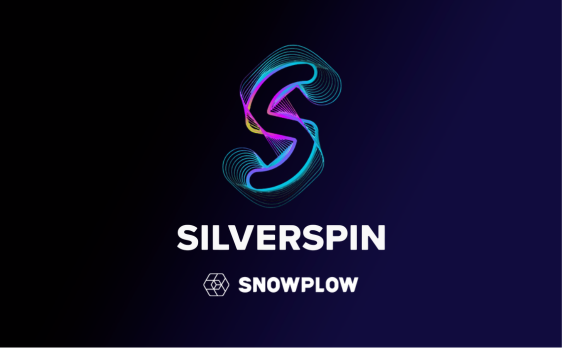Source-available solutions generally provide significantly more control compared to traditional SaaS offerings, making them ideal for organizations with specific customization and governance requirements.
Source-available advantages:
- Full access to source code allows businesses to modify and extend software functionality
- Complete control over data processing, storage, and infrastructure deployment
- Ability to audit code for security vulnerabilities and compliance requirements
- Freedom to integrate with existing systems and customize workflows
SaaS limitations:
- Typically closed systems with limited customization options
- Restricted access to underlying data processing logic and algorithms
- Limited integration capabilities compared to source-available solutions
- Potential vendor lock-in with proprietary data formats and APIs
Balance considerations:
- Source-available platforms like Snowplow offer flexibility with structured vendor support
- SaaS solutions provide simplicity but may not meet complex enterprise requirements
- Organizations can choose based on their specific control, customization, and support needs



.png)
.png)
.avif)
